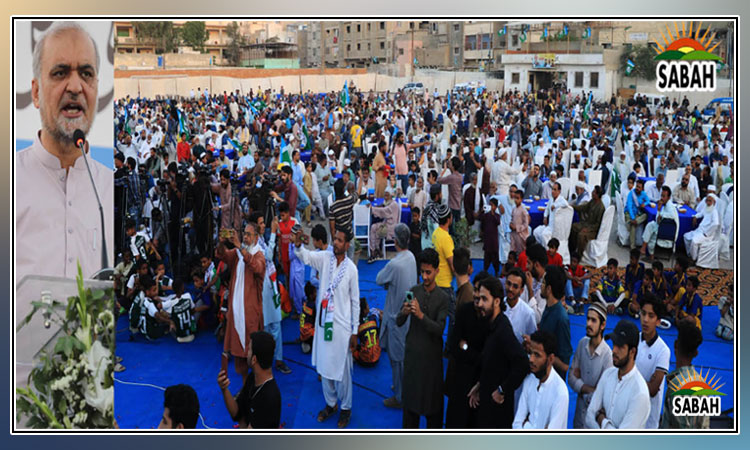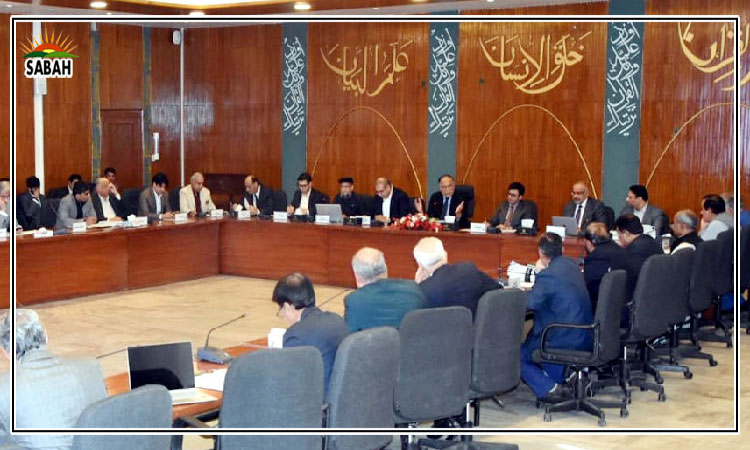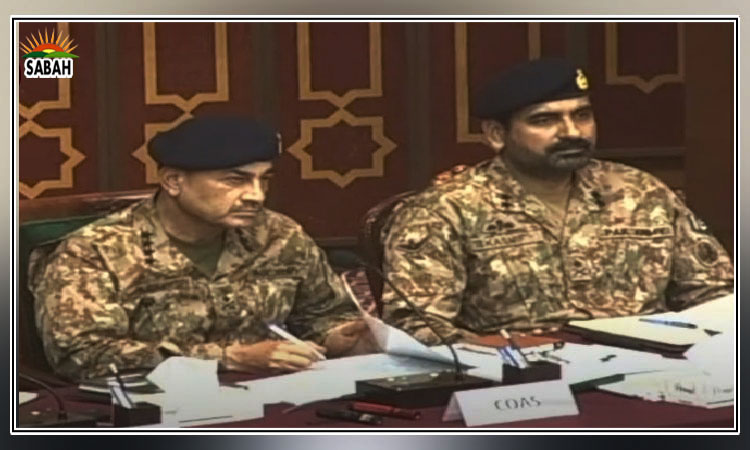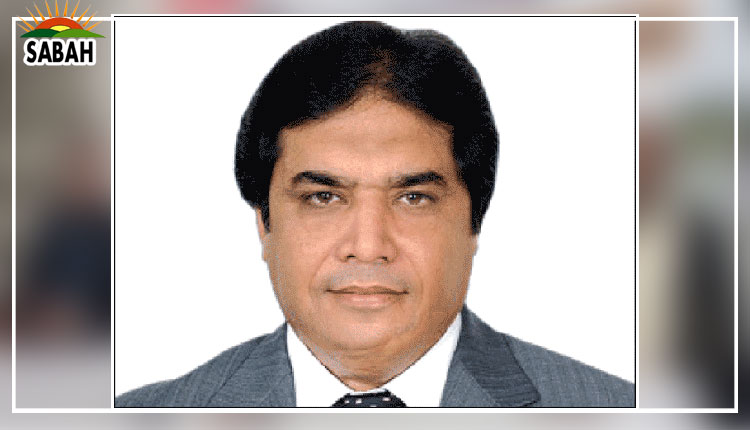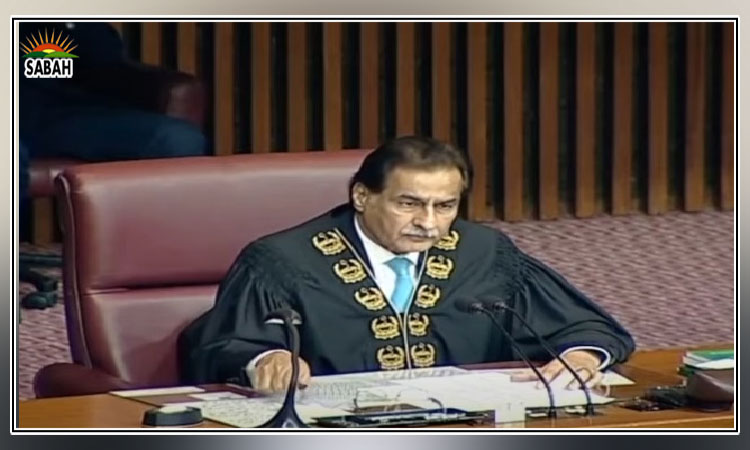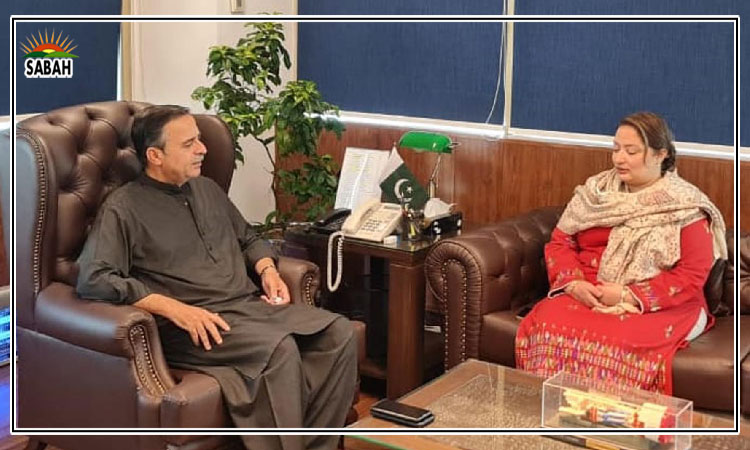Revitalising Constitution: priority agenda for parliament ….Shakeel Ahmed Shah
Pakistan’s recent electoral process, rife with controversies reminiscent of the political upheavals of the 1980s, has once again brought the functionality of the Constitution into sharp focus. Amidst the challenges and uncertainties, it has become imperative for the incoming parliament to prioritise constitutional amendments aimed at addressing contemporary governance challenges and ensuring that the Constitution remains responsive to the evolving needs of the nation.
The 1980s witnessed Pakistan grappling with political instability under the martial law of Gen Zia-ul Haq, with the Constitution held in abeyance. There are striking similarities between the political victimisation of the 80s and what is prevailing nowadays. Unlike today when widespread access to media ensures that even minute events are known to the public; back then, there was a general unawareness about the happenings on the political front.
The social and political landscape, however, has evolved, and the 2024 general elections were conducted under a civil caretaker government, highlighting progress towards democratic norms. Nonetheless, events such as the no-confidence vote against Imran Khan and the subsequent dissolution of the national assembly and provincial assemblies in 2023 have brought to light the limitations in the ability of the Constitution to provide clarity and guidance on crucial matters. The melodrama surrounding the no-confidence vote highlighted ambiguities within the Constitution, emphasising the urgency of reforms to streamline procedural mechanisms and prevent any future constitutional crises. Additionally, the delay in elections beyond the constitutional deadline of 90 days indicated the need for amendments to ensure timely and transparent electoral processes.
Also, in late 2023, Pakistan experienced a significant discord among key state institutions — the presidency, the Election Commission of Pakistan (ECP) and the Supreme Court — over constitutional matters. The President of Pakistan urged both the government and the ECP to adhere to the constitutional deadline for holding elections on time. However, the ECP asserted its constitutional authority as the sole entity empowered to decide on election matters. Meanwhile, the Supreme Court emphasised the importance of conducting elections within the specified timeline, yet its guidance went unheeded as the elections were inevitably delayed.
Now, as the country stands at a point when the election process is over, there are high expectations of the new set-up to ensure good governance. The new legislature should prioritise updating the Constitution to address the gap between ideal constitutional provisions and ground realities. The Constitution, crafted for an ideal situation, often falls short in accommodating the complexities of real-world governance. It is crucial for the Constitution to be capable of adapting to changing circumstances and providing effective mechanisms to navigate contemporary challenges.
Furthermore, the process of constitutional amendments should be guided by a commitment to national interests rather than narrow political agendas. Legislators must engage in constructive dialogue and consensus-building to enact reforms that strengthen the Constitution and promote good governance. This requires transcending political divides and prioritising the long-term interests of the nation over short-term political gains.
Engaging with diverse stakeholders is also crucial in the constitutional reform process. By including civil society organisations, legal experts and citizens in the discussion, a more comprehensive understanding of the issues at hand can be achieved. Citizens, as the ultimate beneficiaries and participants in the democratic process, must have a voice in shaping the Constitution that governs them. Though the people have sent their representatives to legislature, it is important to create open platforms to seek their input to ensure that constitutional amendments reflect the aspirations and needs of the broader population, thereby enhancing the legitimacy and effectiveness of such reforms.
In conclusion, revitalising the constitution for contemporary governance challenges requires a concerted effort by the incoming parliament. By prioritising constitutional amendments aimed at addressing procedural ambiguities, enhancing institutional mechanisms and ensuring responsiveness to evolving circumstances, Pakistan can strengthen its democratic framework and promote good governance. The path forward demands a commitment to national interests, constructive dialogue and inclusive decision-making to pave the way for a more stable and democratic future.
Courtesy The Express Tribune, February 24th, 2024.



